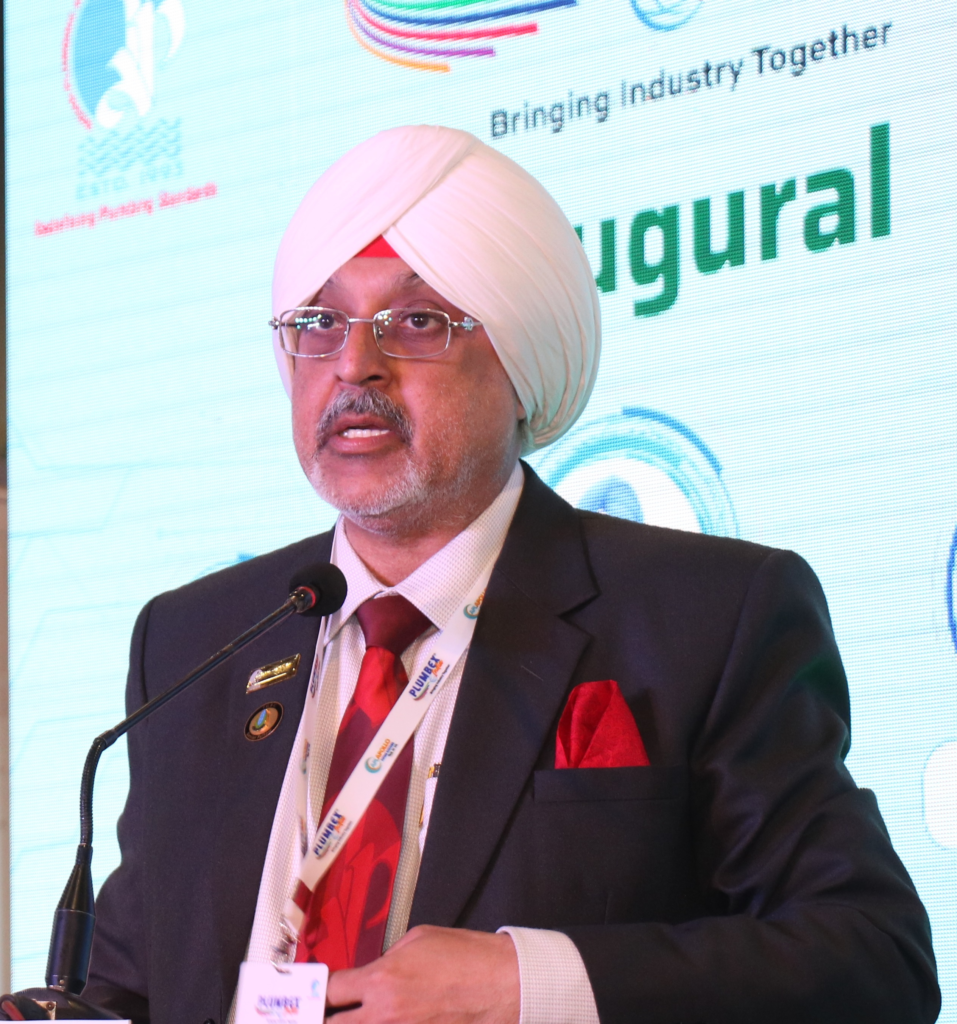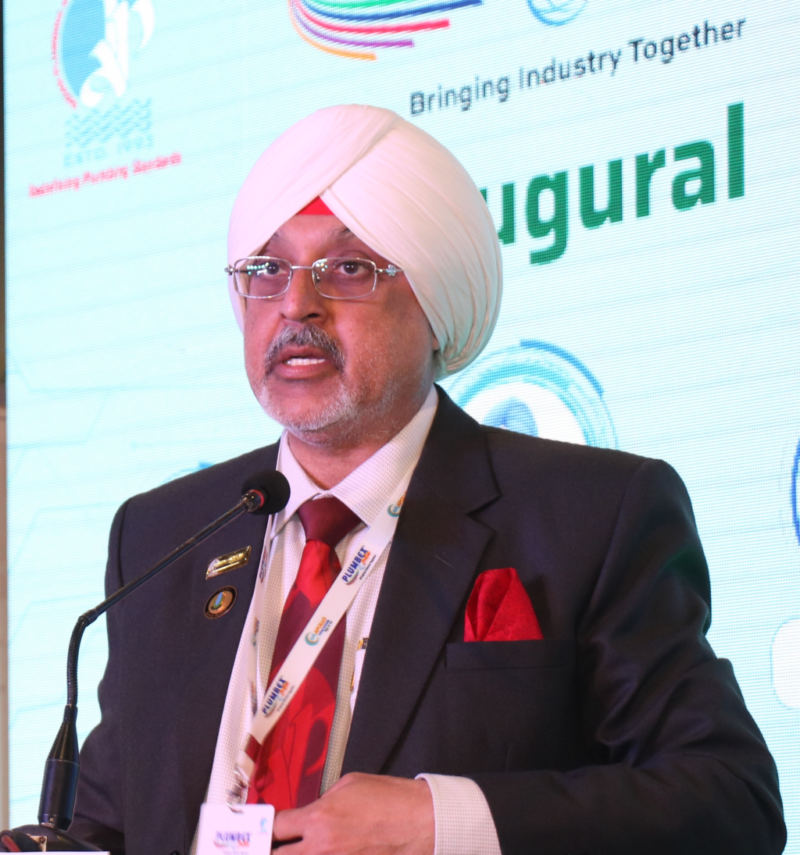Water audits will become a key sustainability trend as businesses and municipalities strive to optimise water usage: Gurmit Singh Arora of Indian Plumbing Association
Fast forward 2025: Composting ocean plastics, bioplastics, and advanced recycling methods, including recycling of water, will be critical components of solid waste management strategies worldwide.

As we transition into the new calendar year of 2025, achieving sustainability is still one of the most important goals for nations worldwide. It has taken over the business world, the buyer’s perspective, and even the legal requirements. Tackling issues of climate change, resource depletion, and waste management has been a necessity for everyone.
Circular Economy Gains Momentum
A shift towards more sustainable models of operation has slowly begun to emerge, and people have started to understand the importance of a circular economy. A young generation is emerging that is opting for more biodegradable materials, and a turning point for businesses has come where customers will actually demand their products be repaired rather than thrown away.
Water Sustainability Takes Center Stage
The ongoing problem of water accessibility is going to be one of the major focal points for many industries, as areas without access to water will become more common. This problem has emerged due to water scarcity in almost every part of the world, and solutions like using low-flow toilets, sensor-activated taps, and smart leak detection devices can resolve many issues moving forward. Advancements in plumbing, such as greywater recycling systems and rainwater harvesting systems, will continue to show exponential growth, helping various landscaping and horticulture sectors minimise their water needs and requirements, and urging businesses to adopt these systems.
Water Audits
Water audits will become a key sustainability trend as businesses and municipalities strive to optimize water usage amidst growing global water scarcity. By accurately assessing water consumption patterns, organizations can identify inefficiencies, reduce waste, and implement more sustainable practices. As climate change intensifies water stress, water audits will not only drive cost savings but also align companies with environmental goals, helping them achieve water stewardship and contribute to long-term resource conservation.
Green Building Certifications Surge
Green certification including green rating systems like CII IGBC that result in net-zero buildings that are net zero on water and waste is no longer an exception but a rule. With the inclusion of eco-efficient plumbing fixtures, HVAC systems, and materials, such constructions significantly lessen the environmental impacts and costs.
Rise of Sustainable Fashion and Consumer Goods
It was noted that the green transformation is being embraced by the modern-day fashion industries, in contrast to numerous cheaper fabrics, designers are using more eco-friendly fabrics along with providing a transparent supply chain. There’s a lot of focus on the issues of water use during the production of garments and leather, envisioning its reality when it takes thousands of liters of water to grow sufficient cotton to make a shirt.
Technology as an Enabler of Sustainability
Smart technology is changing the way people and businesses use resources. Today, one can find apps for monitoring the amount of water you are using, AI-managed irrigation protocols, and IoT devices that control the usage of water and energy in homes. Smart irrigation systems, for example, have been able to provide substantial water savings in order to maintain productivity.
Waste Management Innovations
The waste management sector is evolving toward developing robust composting and recycling markets. In 2025, composting ocean plastics, bioplastics, and advanced recycling methods, including recycling of water, will be critical components of solid waste management strategies worldwide.
Policy and Regulation Pushes
Governments all over the world are setting up laws, rules, and regulations to ensure that everyone practices sustainability. To compliment this, there are already predictions that water efficiency standards for buildings and industries would undergo change to promote the adoption of water-saving technology.
National Building Code is due for revision and the revised code will be published in 2025/ 2026. Amendment of Part 9 of the NBC to reduce water use in both residential and commercial buildings. Furthermore, ECBC (Energy Conservation Building Code) is now revised to ECSBC (Energy Conservation and Sustainable Building Code) which will bring a paradigm shift in the way we look at water.
Community-Led Conservation Efforts
The trend of grassroots involvement in the preservation of water resources, pollution prevention, and other environmental efforts is steadily increasing. In cities, the active participation of the population in community-based rainwater collection and suburban clean-up efforts is raising awareness and fostering a sense of responsibility for environmental care.
Community based protection of local water bodies including providing a sense of ownership for maintaining the surrounding water bodies lakes and rivers.
A Closer Look at Plumbing and Water Sustainability
Innovations in plumbing are pivotal to achieving water sustainability—for instance, Smart Water Meters and Dual-Flush Toilets.
By working together and taking steps to innovate, water use in 2025 and beyond will focus on preserving water and finding new ways of using advanced plumbing that will enhance sustainability for consumers and businesses across the globe. Water conservation will be achieved as consumers, businesses, and governments pursue common objectives throughout the course of the new year.

